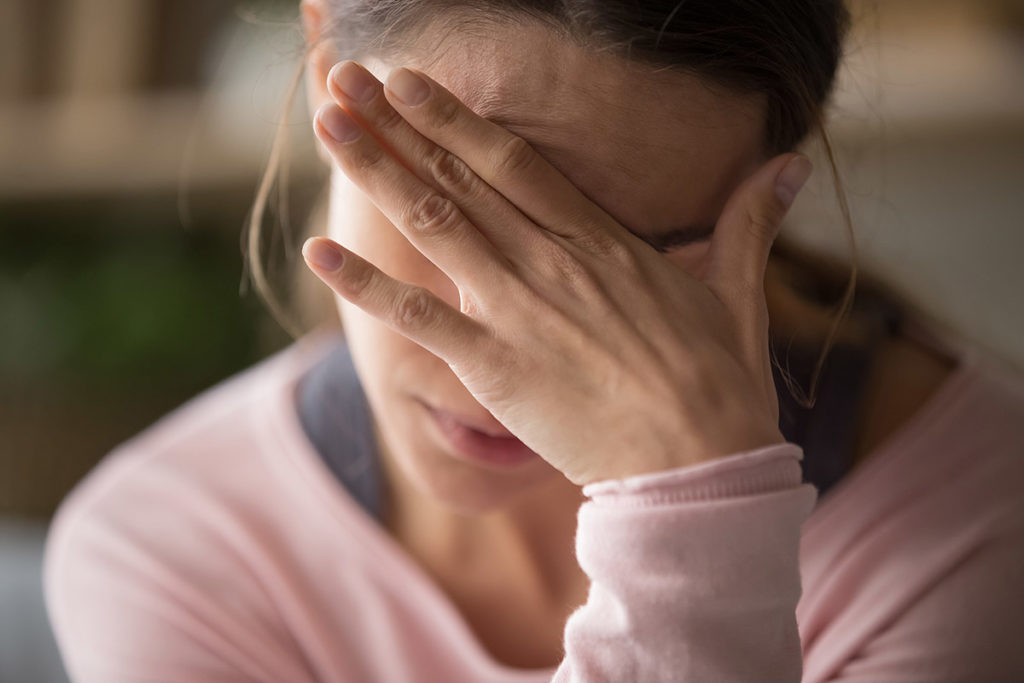Cravings and triggers can linger long after your last use, which is a major reason by 40%-60% of people recovering from a substance use disorder experience at least one relapse. A relapse occurs when you begin abusing drugs or alcohol after a period of abstinence. Thus, understanding how to cope with common relapse triggers is essential to recovery. Addiction and substance abuse disorders impact 23 million Americans every year. While addiction may seem like a choice, the truth is that substance use disorders cause major changes to your brain chemistry and a strong desire to quit using is rarely enough to fully recover. Since addiction is a chronic and progressive disease like asthma and other medical problems, treatment focuses on helping you learn how to manage your symptoms.
Addiction and Recovery
Addiction is a mental health disease that alters your brain chemistry, changes your personality and behavior, and causes significant problems to your physical, emotional, and spiritual wellbeing. While addiction takes time to develop, it always begins with your first use. Use substances like opiates or alcohol cause your brain to connect that substance with pleasure. This is how drugs and alcohol force your brain to release more neurotransmitters than it should. When this rush of neurotransmitters occurs, you experience the positive effects of intoxication and your pleasure and reward center begins to positively reinforce your substance use. When you use, your brain releases neurotransmitters. However, when intoxication ends, you’re left with an increasingly more severe depletion of pleasurable neurotransmitters, which results in a major imbalance. The longer you use, the more pronounced this imbalance becomes. Your brain can begin to rely on your substance of choice in order to release neurotransmitters and addiction can damage your neurotransmitter transporters. While recovery is possible with time, it can take months, or even years, of complete abstinence for your brain to fully heal from addiction.
What are Common Relapse Triggers?
Triggers are people, places, or things that remind you of your substance of choice. When you’re exposed to triggers, you experience powerful cravings for your substance of choice. While common relapse triggers can include almost anything, it is possible to learn how to identify and cope with them. Many of the most common release triggers are avoidable. But things like major life changes, stress, and anxiety are difficult to avoid. That means treatment requires learning how to implement healthy coping strategies when you’re exposed to common relapse triggers. Some of the most popular coping strategies people in recovery employ include:
- Meditation and mindfulness exercises
- Working out
- Listening to music
- Journaling
- Talking to a therapist or counselor
- Attending peer-led support groups, like AA, NA, and SMART Recovery
Exploring Your Treatment Options
When you decide it’s time to reach out for help, you can feel overwhelmed at your available treatment options. Treatment centers offer a wide range of inpatient and outpatient programs. Many of these focus on helping you learn how to overcome common relapse triggers. If you’re ready to explore your treatment options and take the first step in achieving lasting recovery, reach out to us today at 844.875.5609 for more information about our programs.

